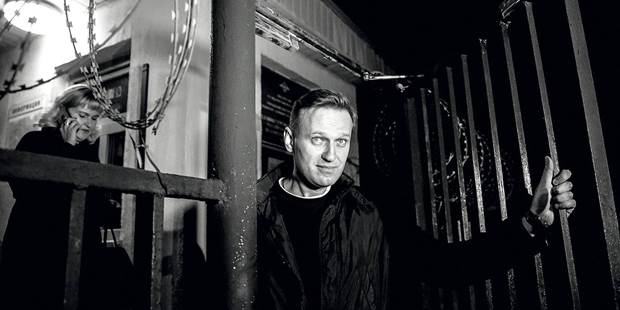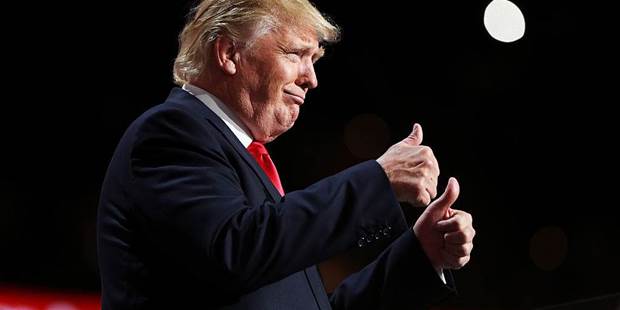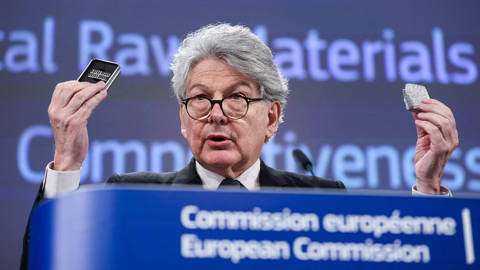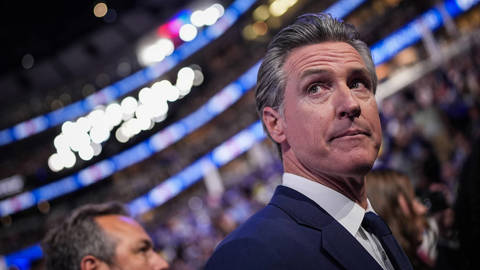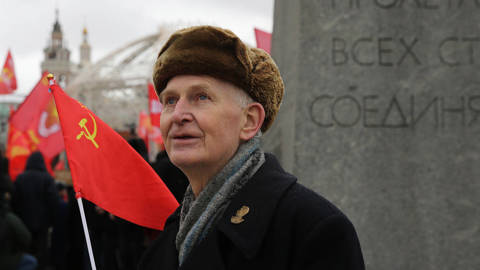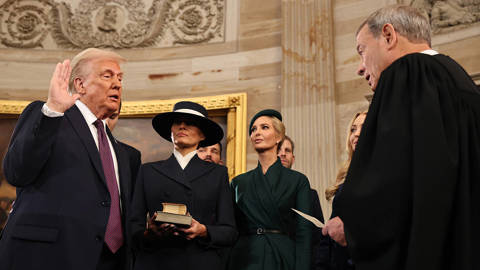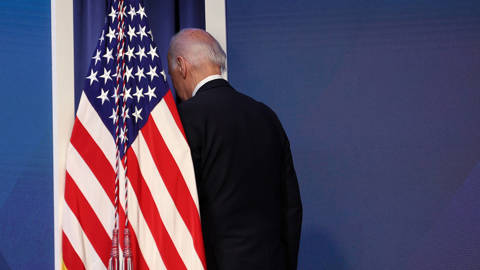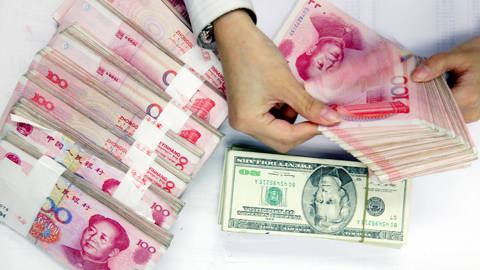What Good Are Economists?
I am loathe to take issue with much that Nobel Prize-winning economist Robert Shiller has to say. After all, he waved a red flag around the turn of the century that real estate and stock prices might be dangerously overvalued. In warning that Wall Street might indeed be “irrationally exuberant” when so many others shrugged, he stood outside the consensus.
But as I read his recent piece defending the work of fellow economists, I thought there was something missing. He wonders in part why the public expects economists to have predicted the 2008 crash, when they had never foreseen crises in the past. And he is puzzled by the enormous public anger towards economists this time around, where there was little evidence of such ire in past crises.
Shiller writes:
"One reason may be the perception that many economists were smugly promoting the 'efficient markets hypothesis'—a view that seemed to rule out a collapse in asset prices. Believing that markets always know best, they dismissed warnings by a few mere mortals (including me) about overpricing of equities and housing. After both markets crashed spectacularly, the profession’s credibility took a direct hit."
But that credibility has also taken a direct hit from another perception. It comes not from what economists were prognosticating per se, but rather what they were not saying when making those prognostications.
Namely, they were not consistently disclosing their own affiliations outside academe that could compromise their impartiality. And this, as I argue in my book Unaccountable (http://www.amazon.com/Unaccountable-Brokers-Corrupt-Finances-Security/dp/1605985821/ref=sr_1_2?ie=UTF8&qid=1421689490&sr=8-2&keywords=unaccountable), is a violation of public trust that has helped sour the public on the economics profession.
Journalists and scholars have documented that before, during, and after the financial crisis, many (especially elite) economists provided advice to policy makers and appeared in the media without clearly disclosing their own ties to financial firms.
In 2010, Reuters (http://graphics.thomsonreuters.com/F/12/ScholarsforHire.pdf) examined nearly one hundred testimonies, mostly involving financial regulation, delivered by economics (and academics from related disciplines) to the House Financial Services Committee and the Senate Banking Committee from late 2008 through early 2010. Among those academics they tracked who appeared before Congress as sweeping financial reform was being debated:
• A professor of economics at Ohio State University who mentioned three affiliations, all
ones that bolster his image as impartial scholar, but not the four financial-firm board directorships.
• A professor of finance at Louisiana State University. He described himself as the
“Louisiana Bankers’ Association professor of finance,” but didn’t mention his
directorship at an economic consulting firm.
• A University of Pennsylvania Wharton Business School professor of real estate, who
didn’t mention consulting work for a real estate giant and GE Financial.
• A University of Chicago Booth School of Business professor who discloses that he
is a consultant for a big bank trade association, but only in a footnote in his written remarks.
A few months before the Reuters report, Gerald Epstein and Jessica Carrick-Hagenbarth of the University of Massachusetts-Amherst released their own study (http://cje.oxfordjournals.org/content/36/1/43.full) of the professional activities—outside the university—of academic economists. Epstein and Carrick-Hagenbarth examined 19 mostly “prestigious academic financial economists” who were linked to both public and international institutions and who belonged to two groups that “put forth proposals on financial reform.” They investigated the economists’ connections to both public and private financial institutions. Some not only consult for, or serve on, the boards of these private firms; they own or co-own them. The report declined to give their names because there are so many others like them, and the authors felt it would be unfair.
What the scholars found was not exactly surprising. Out of these 19 prominent economists—all of whom gave “expert” advice to the media and public about financial reform—the “vast majority of the time, [they] did not identify [financial] affiliations and possible conflicts of interest.” This was also true when the economists published their work in academic journals.
For elite economists, agility in affiliations may be the norm, not the exception. In addition to an academic post, having some attachment to a big public body like the IMF, World Bank, or a Federal Reserve Bank can afford them prestige and benefits. An association with a private firm may bring additional standing, not to mention money.
I believe that failures of disclosure—an abuse of the public trust—is why elite economists have taken such a drubbing. And emphasis here on the word “elite.” It’s not clear just how many of the 20,000 economists who belong to the American Economic Association amass multiple roles and defy transparency.
Academic economists, by the way, are not the only professionals whose reputations might be tainted by an elite circle who abuse the public trust.
Shiller compares economists to physicians, arguing that the latter don’t get criticized for failing to predict whether their patient will get sick. Of course he is right, but some in the medical profession deserve the same kind of scrutiny that economists have received for what the public views as compromised integrity. Some physicians take money from companies that have a vested interest in seeing their drug become the “it” drug being prescribed or having their device adopted as the gold standard product used in common procedures. Of course, this makes the “expert” advice they give to other physicians and professional societies suspect. Your own doctor might be on the receiving end of this advice and have no idea that it comes with mixed motives. Thankfully, physicians are now forced to disclose if they take money from Big Pharma as part of a 2010 Affordable Care Act reform; the data is being amassed on a database that went up last fall.
Indeed, many doctors did take money from drug and device companies, but not that much. The New York Times found that “typical” take for 32,000 doctors or researchers named in the database was less than $2,000 (http://www.nytimes.com/2014/10/03/business/financial-ties-between-doctors-and-health-care-firms-detailed.html). In fact, those taking the big haul were a tiny but influential bunch: 130 doctors took in more than $100,000; Time goes further and identifies a “super-elite”: 18 doctors got more than a million dollars each (http://time.com/3453649/doctors-drug-company-search-tool/).
The few are sullying the good names of the majority and this may well be the case in economics as well.
Shiller notes in his piece that “most economists devote their efforts to issues far removed from establishing a consensus outlook for the stock market or the unemployment rate."
But still, the AEA felt enough pressure from investigations like the Reuters report, the Amherst study, and the Oscar-winning documentary Inside Job (which exposed economists-for-hire) to adopt a new disclosure code in 2012.
Shiller is president-elect of the AEA, and we hope he’ll keep this issue front and center. We also hope that those willing to buck the “consensus” outlook (like Shiller himself) or, as is often the case, outsiders to the elite circle—can be embraced. After Shiller was proven spectacularly right in 2008, his peers would be wise to hang on to his every word.
- Janine R. Wedel, anthropologist and University Professor in the School of Policy, Government, and International Affairs at George Mason University.


